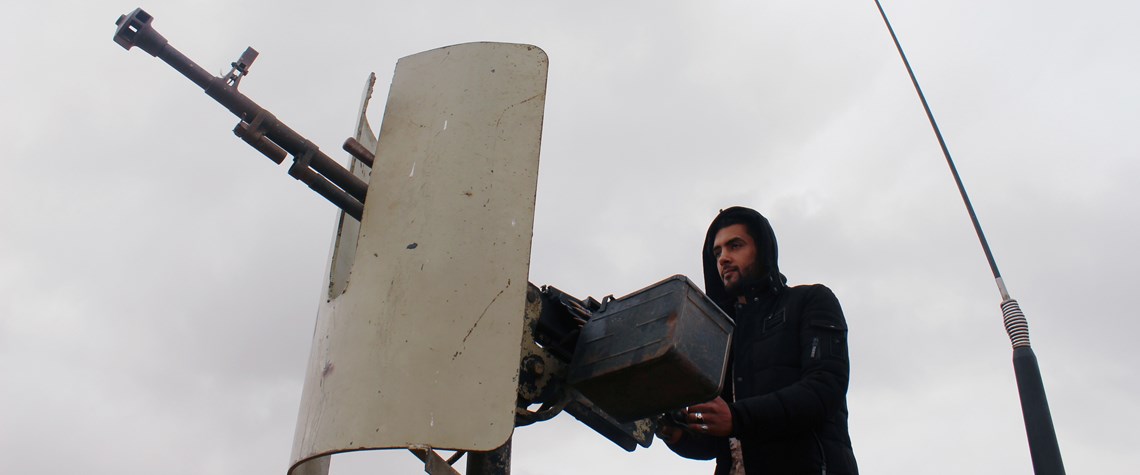Libya's oil fields fall into Haftar's hands
The latest military moves leave the government in Tripoli increasingly under siege
Tobruk government forces led by general Khalifa Haftar have completed a dramatic offensive in southern Libya, leaving it in control of all the country's key oil fields. What it does with this control will likely define the future of the country's hydrocarbons industry. While Tobruk now controls the oil, it does not control the oil revenues. These go to a rival government, Tripoli's UN-backed Government of National Accord (GNA), by dint of its international recognition status. But in the wake of what is a shuddering defeat for the GNA, pressure is mounting for a new political deal. Haftar's offensive lasted six weeks and saw his Libyan National Army (LNA) sweep through southern Libya capturin

Also in this section
17 February 2026
The 25th WPC Energy Congress, taking place in Riyadh, Saudi Arabia from 26–30 April 2026, will bring together leaders from the political, industrial, financial and technology sectors under the unifying theme “Pathways to an Energy Future for All”
17 February 2026
Siemens Energy has been active in the Kingdom for nearly a century, evolving over that time from a project-based foreign supplier to a locally operating multi-national company with its own domestic supply chain and workforce
17 February 2026
Eni’s chief operating officer for global natural resources, Guido Brusco, takes stock of the company’s key achievements over the past year, and what differentiates its strategy from those of its peers in the LNG sector and beyond
16 February 2026
As the third wave of global LNG arrives, Wood Mackenzie’s director for Europe gas and LNG, Tom Marzec-Manser, discusses with Petroleum Economist the outlook for Europe’s gas market in 2026







